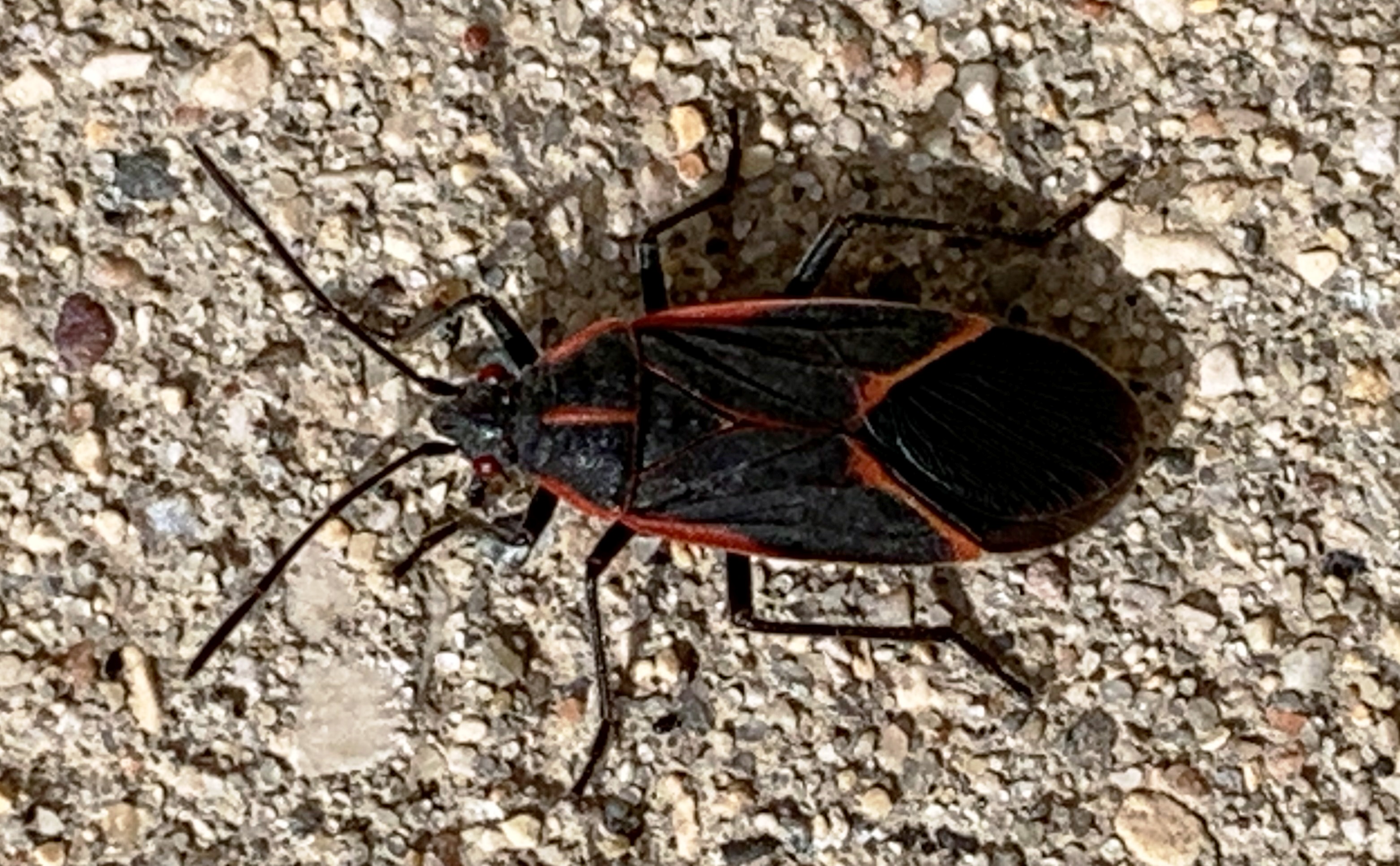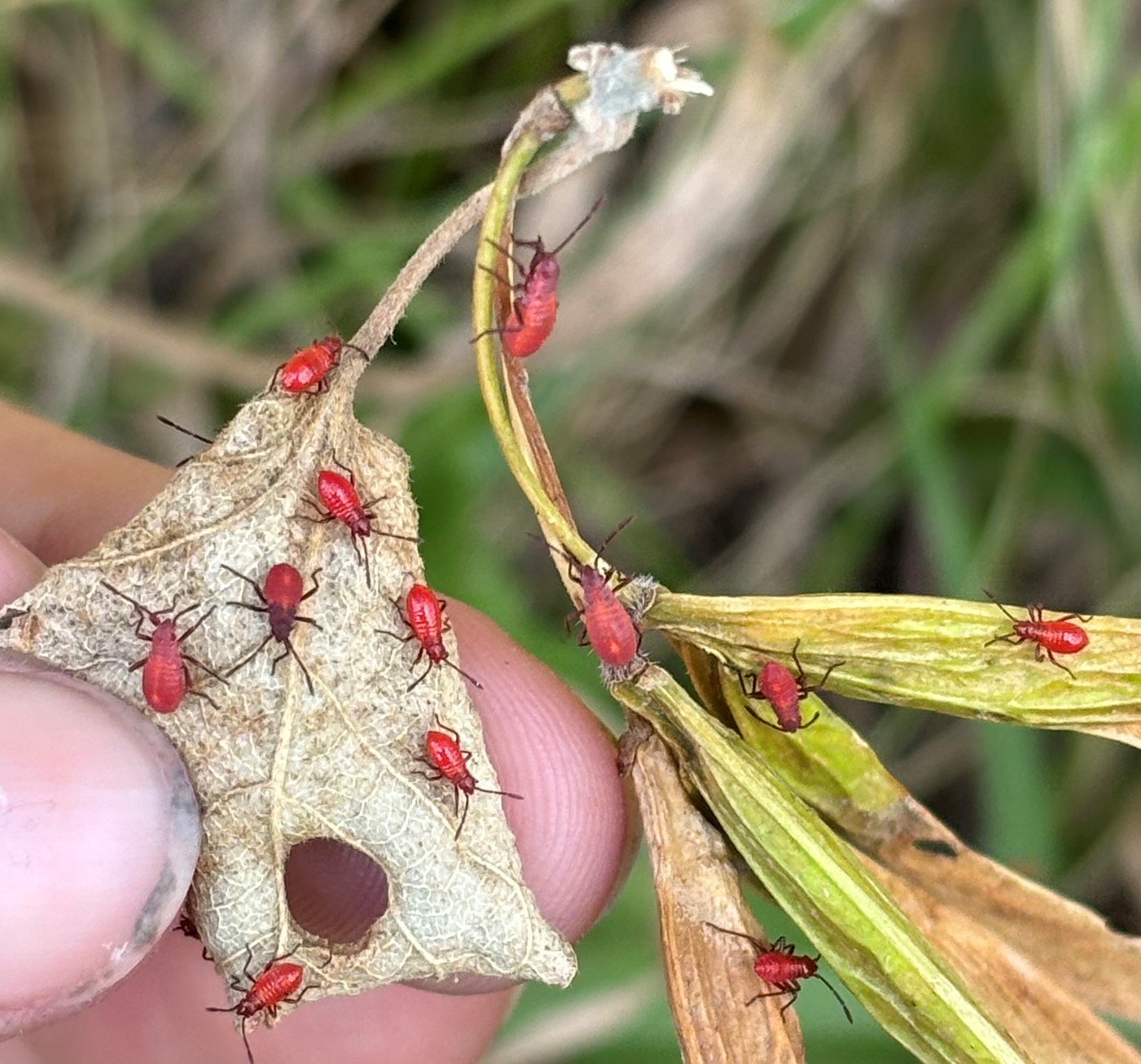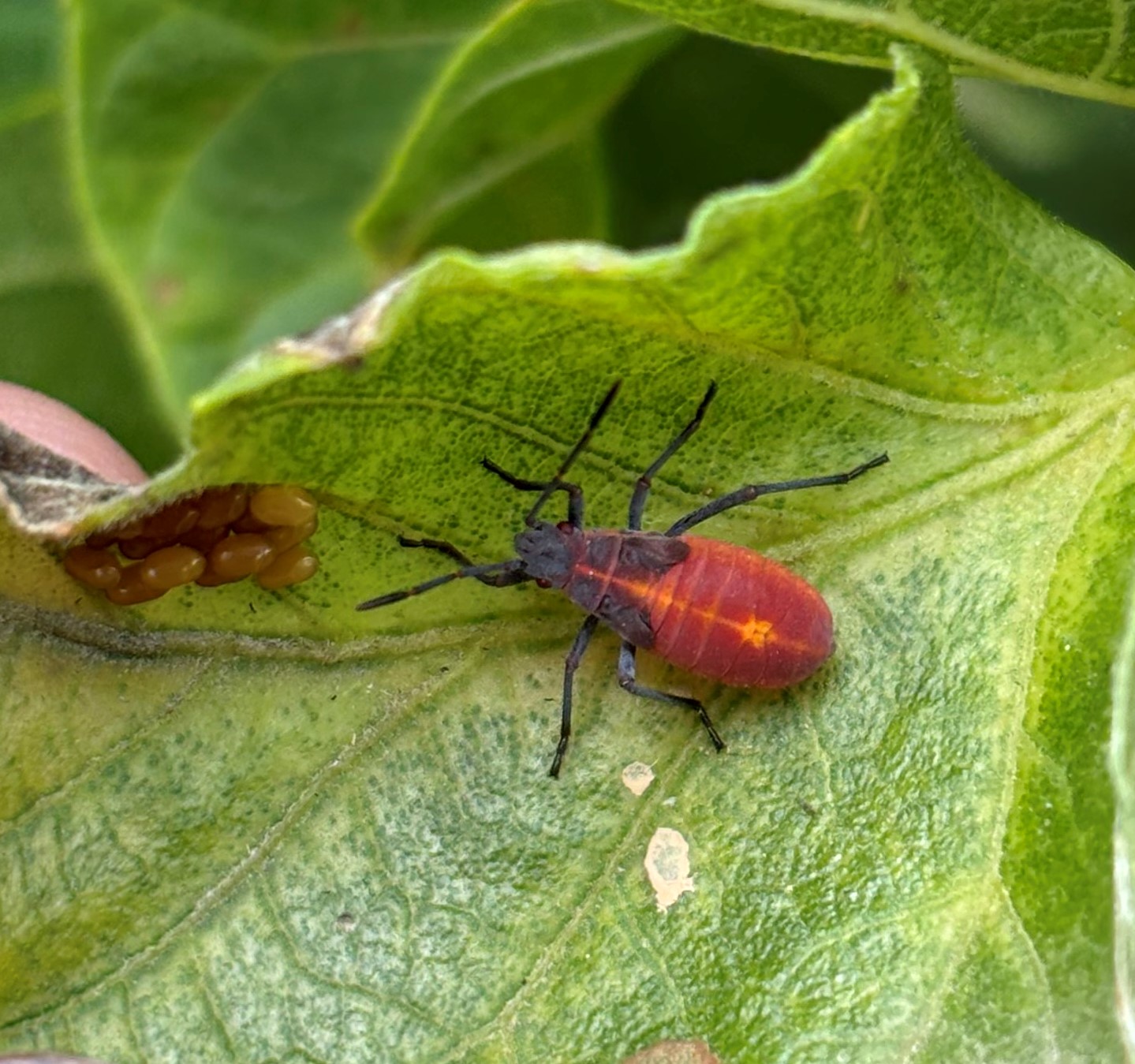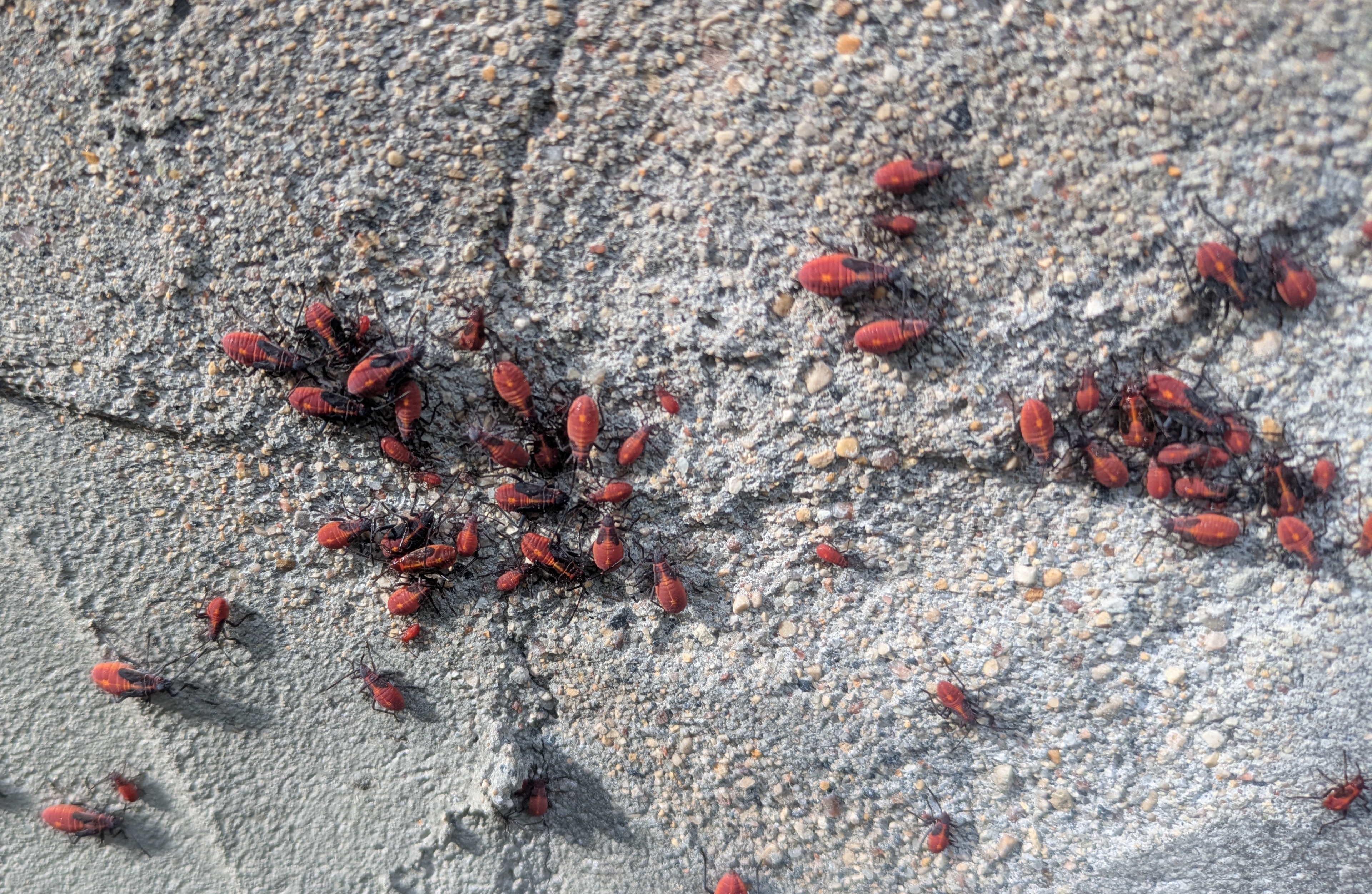Boxelder bugs are starting to gather in greater numbers around Portage la Prairie as summer winds down. John Gavloski, entomologist with Manitoba Agriculture, says they begin leaving the trees where they feed in late summer and fall, searching for warm, protected places to spend the winter. Buildings with large south or west-facing walls are especially appealing, and some bugs find their way indoors.

He notes that once the cooler weather arrives in the fall, their activity slows. While some may enter homes, they are not harmful. They do not bite, damage plants or eat stored food. Gavloski says the easiest solution is to remove them when they appear indoors rather than squash them, as that will produce a foul odour.
“They don’t do any injury,” notes Gavloski. “They’re really not a pest in any way other than the fact that they’re there.”
Removal and prevention methods
At times when the bugs make it into the house, when asked if insecticides such as Raid should be used, Gavloski advises against it. He recommends sweeping them into a dustpan or vacuuming them instead.
“Oh, no, no. I wouldn’t recommend using Raid,” he says. “Just physically remove them. Broom and a dustpan or vacuum. That’s the easiest way.”
For persistent issues, sealing cracks or gaps where they could be entering is the best long-term solution. That includes places where utility lines or pipes come through the wall. Population numbers vary from year to year, with some seasons producing more household invasions than others.
What they feed on
Boxelder bugs are a type of true bug that feeds almost exclusively on the seeds of maple trees, particularly Manitoba maples, which are also known as boxelder trees. Gavloski says this feeding does not harm the trees.
“They do like to feed on the seeds of the maple trees,” adds Gavloski.

Although maples are their main host, boxelder bugs have secondary food sources. These include the fruits of raspberry and strawberry plants. That explains their presence in gardens without maple trees.
Outdoor presence and control
For those noticing large numbers of bugs along walls, steps or garden edges, Gavloski says the insects may be congregating near their host plants or beginning their search for overwintering spots. While insecticides could be used outside, he sees little reason to do so.
“I guess if you want to, but they’re not really a pest outside, so there’s generally no reason to be using pesticides on the outside,” continues Gavloski.

A note on names
The term “boxelder” can refer to both the insect and the tree, which is also called Manitoba maple. Scientific naming avoids this confusion, but common names vary.
“Boxelder trees, Manitoba maple — same thing,” says Gavloski. “Scientific name is Acer negundo.”

Sign up to get the latest local news headlines delivered directly to your inbox every afternoon.
Send your news tips, story ideas, pictures, and videos to news@portageonline.com.
PortageOnline encourages you to get your news directly from your trusted source by bookmarking this page and downloading the PortageOnline app.
